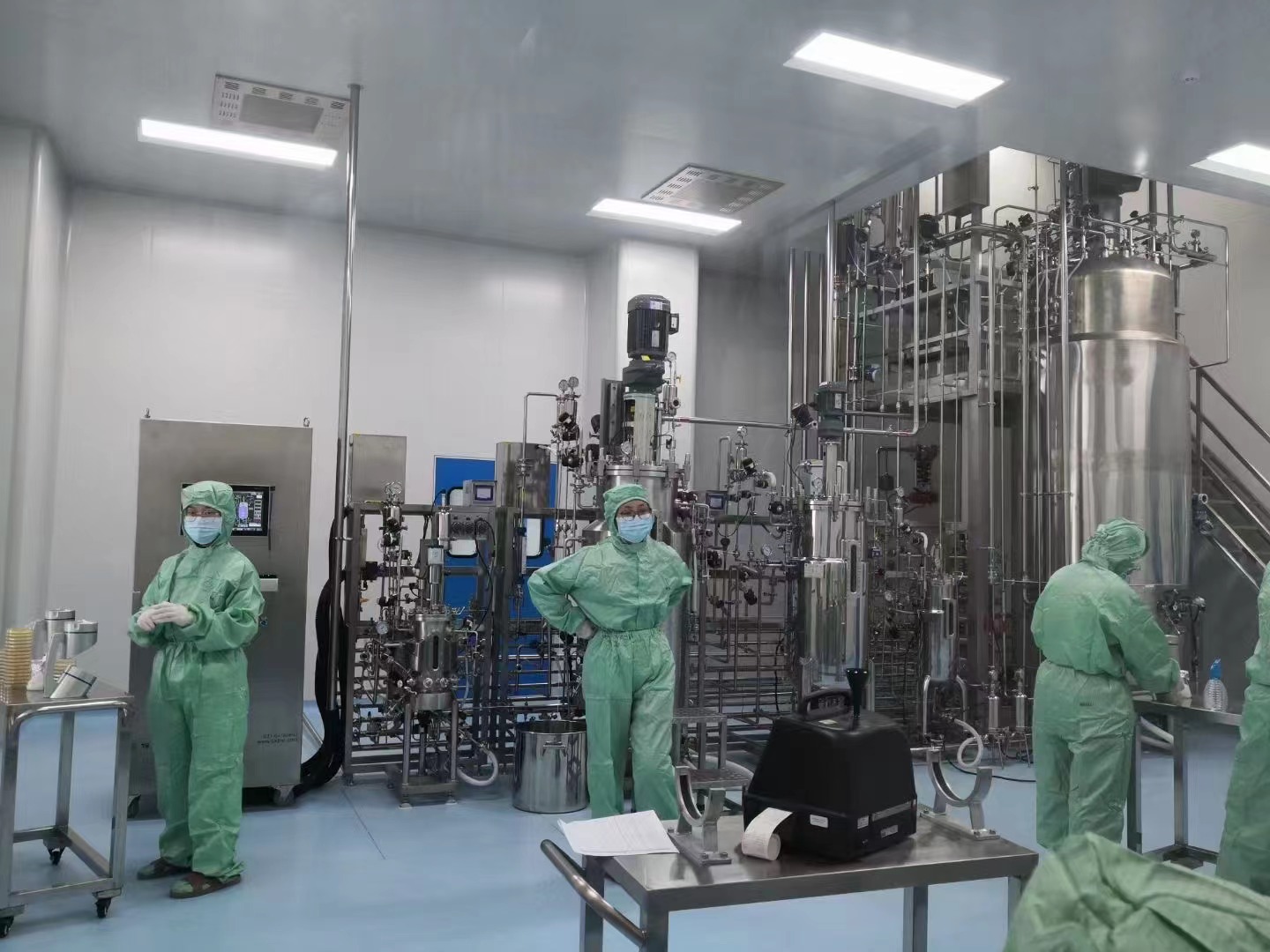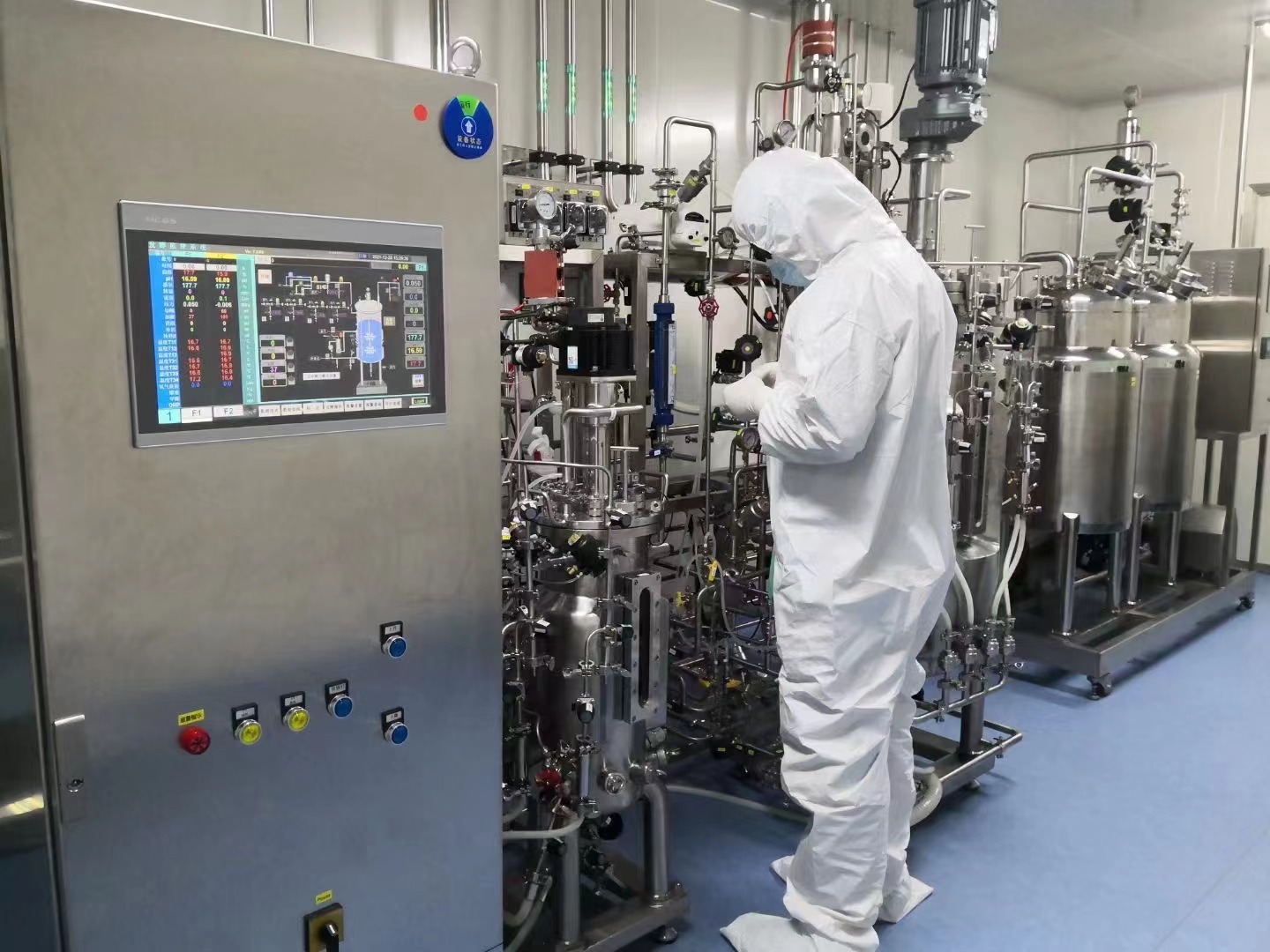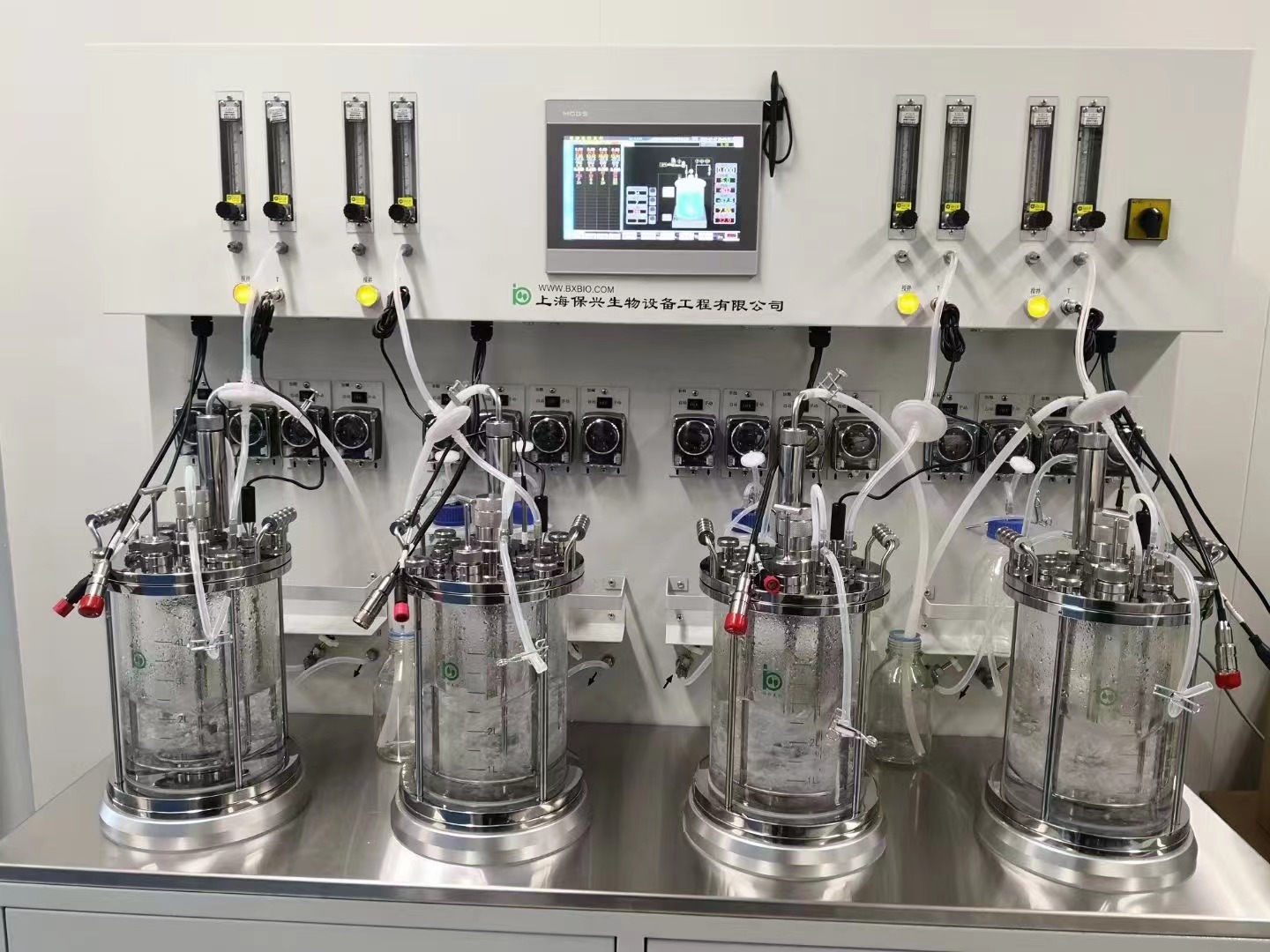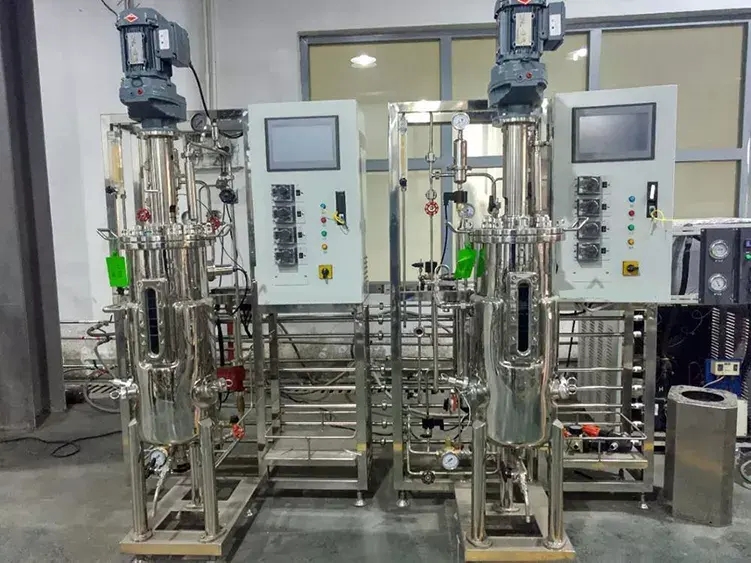Title: Exploring Laboratory Bioreactors and Fermentation Tanks in the Bioprocess Industry
Summary:
"Laboratory bioreactors" and "Fermentat tanks" play a pivotal role in the bioprocess industry, serving as essential tools for the cultivation of microorganisms and production of valuable bioproducts. This paper delves into the characteristics, advantages, and diverse applications of these integral components of bioreaction systems.
Introduction:
Bioreactors and fermentation tanks are vital apparatuses in the field of biotechnology, offering a controlled environment for the growth and metabolic activities of microorganisms. These vessels facilitate the optimization of bioprocesses, making them indispensable in various industries such as pharmaceuticals, biofuels, food production, and environmental remediation.
Characteristics of Laboratory Bioreactors:
a. Scalability: Laboratory bioreactors are designed to mimic larger-scale industrial systems, allowing for easy transition from research to production.
b. Control Parameters: Precise control over temperature, pH, agitation, and dissolved oxygen ensures optimal growth conditions.
c. Sterility: Bioreactors are equipped with sterilization mechanisms to maintain aseptic conditions.
d. Monitoring and Data Acquisition: Advanced sensors and automation systems enable real-time monitoring and data collection.
Advantages of Laboratory Bioreactors:
a. Improved Yield and Productivity: Controlled conditions lead to higher cell densities and increased bioproduct yields.
b. Reduced Contamination Risks: Strict sterility measures minimize the risk of contamination.
c. Process Optimization: Bioreactors facilitate the study and optimization of fermentation parameters.
d. Flexibility: These systems can accommodate a wide range of microorganisms and bioprocesses.
Applications of Laboratory Bioreactors:
a. Pharmaceutical Industry: Production of vaccines, antibiotics, and therapeutic proteins.
b. Biofuel Production: Ethanol and biodiesel production from microbial fermentation.
c. Food and Beverage: Fermentation of food products like yogurt, cheese, and beer.
d. Environmental Biotechnology: Bioremediation of polluted water and soil.
e. Research and Development: Fundamental research in microbiology and bioprocess engineering.
Characteristics of Fermentation Tanks:
a. Large Scale: Fermentation tanks are designed for commercial-scale production.
b. Temperature and Pressure Control: Ability to handle high-volume, high-pressure processes.
c. In-Place Sterilization: Continuous production with sterilization in between batches.
d. Automation: Fully automated systems for large-scale bioprocessing.
Advantages of Fermentation Tanks:
a. High-Volume Production: Capable of producing large quantities of bioproducts.
b. Cost-Effective: Economies of scale make large-scale production cost-efficient.
c. Commercial Viability: Suitable for the production of marketable bioproducts.
d. Consistency: Maintains product quality and consistency over large batches.
Applications of Fermentation Tanks:
a. Industrial Enzymes: Production of enzymes for various industrial applications.
b. Biopharmaceuticals: Large-scale production of monoclonal antibodies and vaccines.
c. Bioenergy: Production of bioethanol and biogas.
d. Agricultural Biotechnology: Microbial inoculants for agriculture.
Conclusion:
"Laboratory bioreactors" and "Fermentat tanks" are indispensable tools in the bioprocess industry. Their characteristics, advantages, and applications make them invaluable for research, development, and large-scale production of bioproducts. These vessels enable the biotechnology sector to harness the power of microorganisms for the benefit of various industries, promoting sustainable and innovative solutions. Understanding their potential and capabilities is crucial for advancing bioprocess technology and driving future biotechnological innovations.



